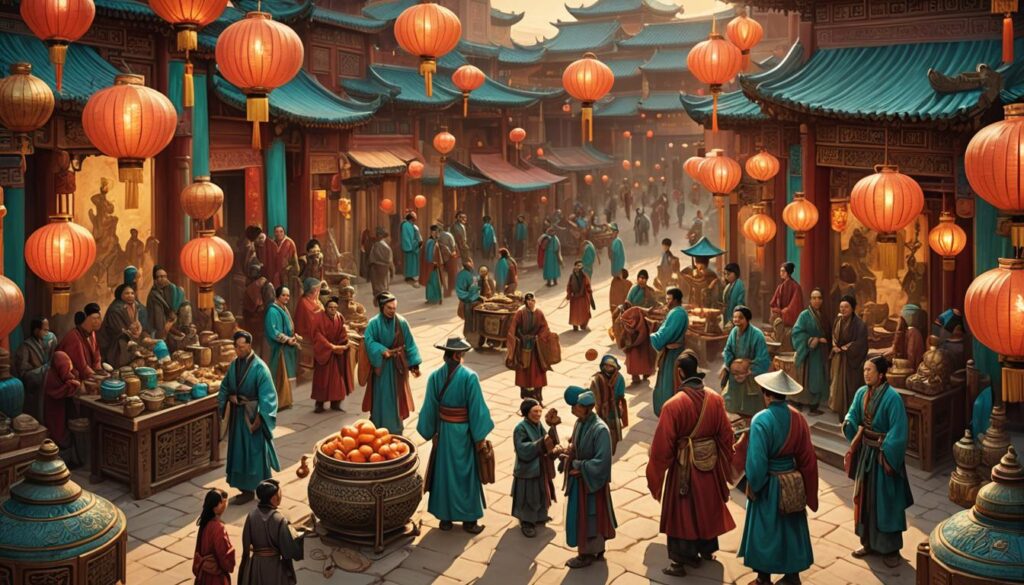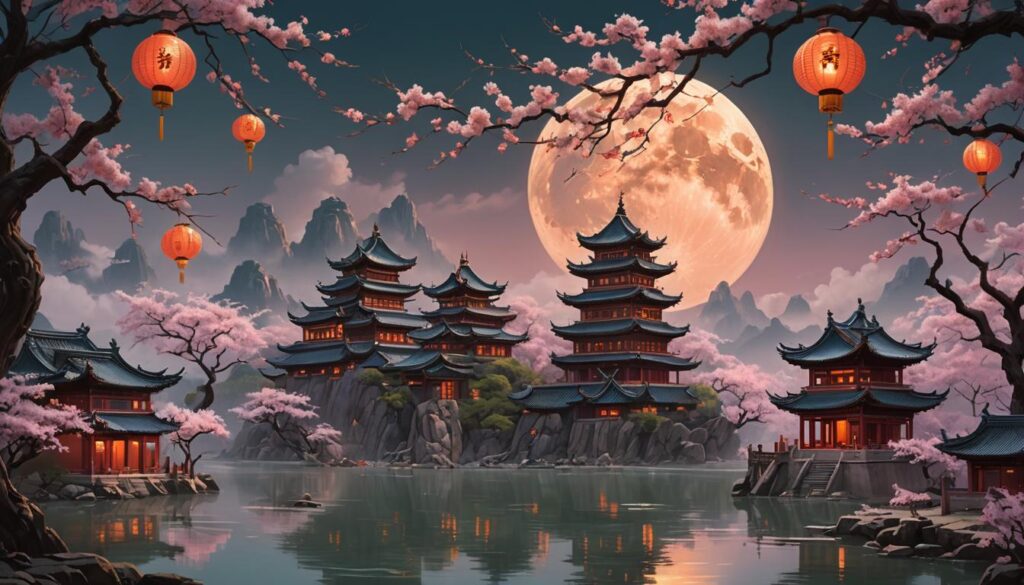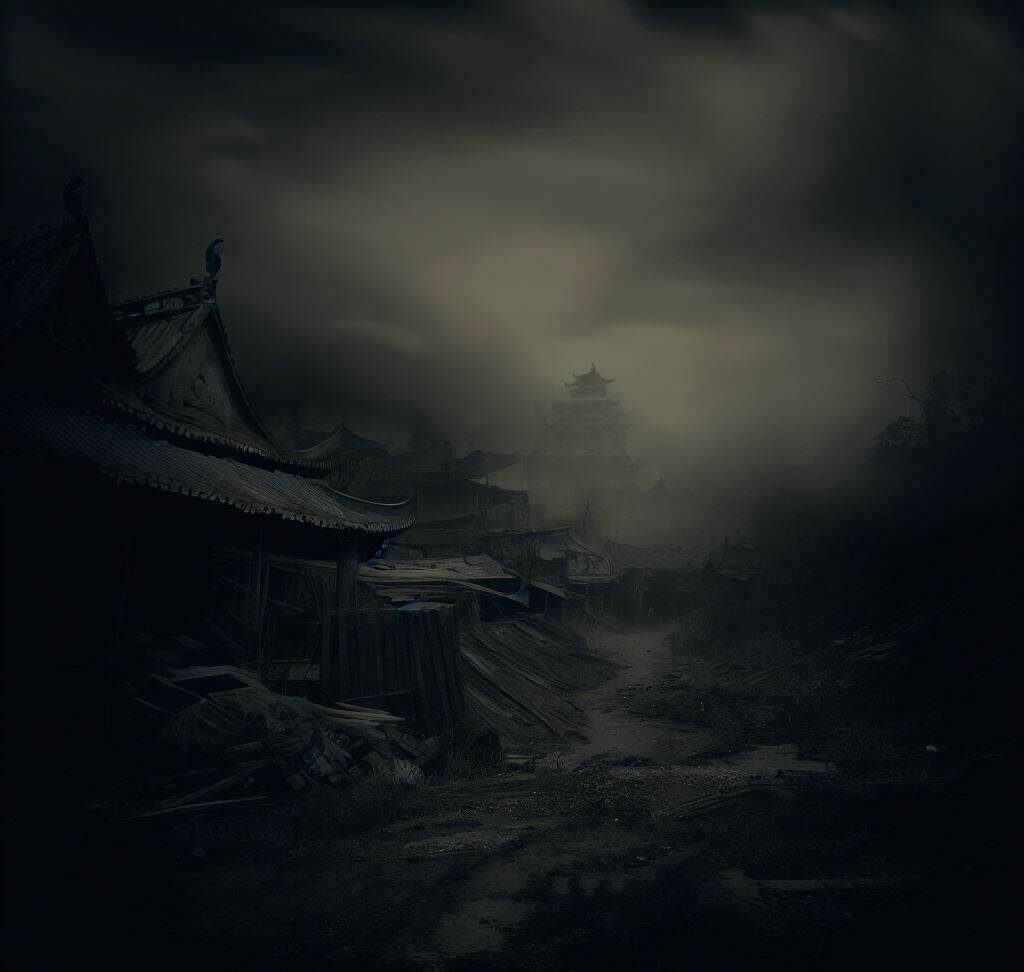The White Terror in Taiwan

Unveiling the Shadows: The White Terror in Taiwan
Taiwan’s history is marked by periods of political turbulence and social unrest. Among the most haunting chapters in Taiwan’s past is the era known as the White Terror. Spanning from 1949 to 1987, the White Terror was a period of intense political suppression and human rights violations under the authoritarian rule of the Kuomintang (KMT) 中國國民黨 / Guomindang (GMD), the Nationalist Party of China (NPC) / Chinese Nationalist Party (CNP) government. This article delves into the origins, impact, and legacy of the White Terror in Taiwan, shedding light on a dark period of Taiwanese history.
Origins of the White Terror
The White Terror emerged in the wake of the Chinese Civil War when the KMT/GMT retreated to Taiwan following their defeat by the Communist Party of China. Under President Chiang Kai-shek, the KMT/GMT sought to establish a one-party state in Taiwan, suppressing any dissenting voices or opposition groups. In the name of national security and anti-communism, the government launched a comprehensive campaign to eradicate perceived threats to its authority.
Political Suppression and Human Rights Abuses
The White Terror was characterized by widespread political persecution, arbitrary arrests, torture, and execution. The KMT/GMT government used a variety of methods to silence dissent, including secret police, surveillance, and a network of informants. Many political dissidents, intellectuals, and activists were labeled as communist sympathizers or enemies of the state, and they faced severe consequences for their beliefs or actions.
One of the most infamous institutions associated with the White Terror was the Taiwan Garrison Command, which operated as a military intelligence agency. It conducted interrogations, carried out brutal torture techniques, and oversaw the execution of thousands of individuals suspected of disloyalty to the government. Many innocent people were caught up in this machinery of oppression, leaving families shattered and communities silenced.
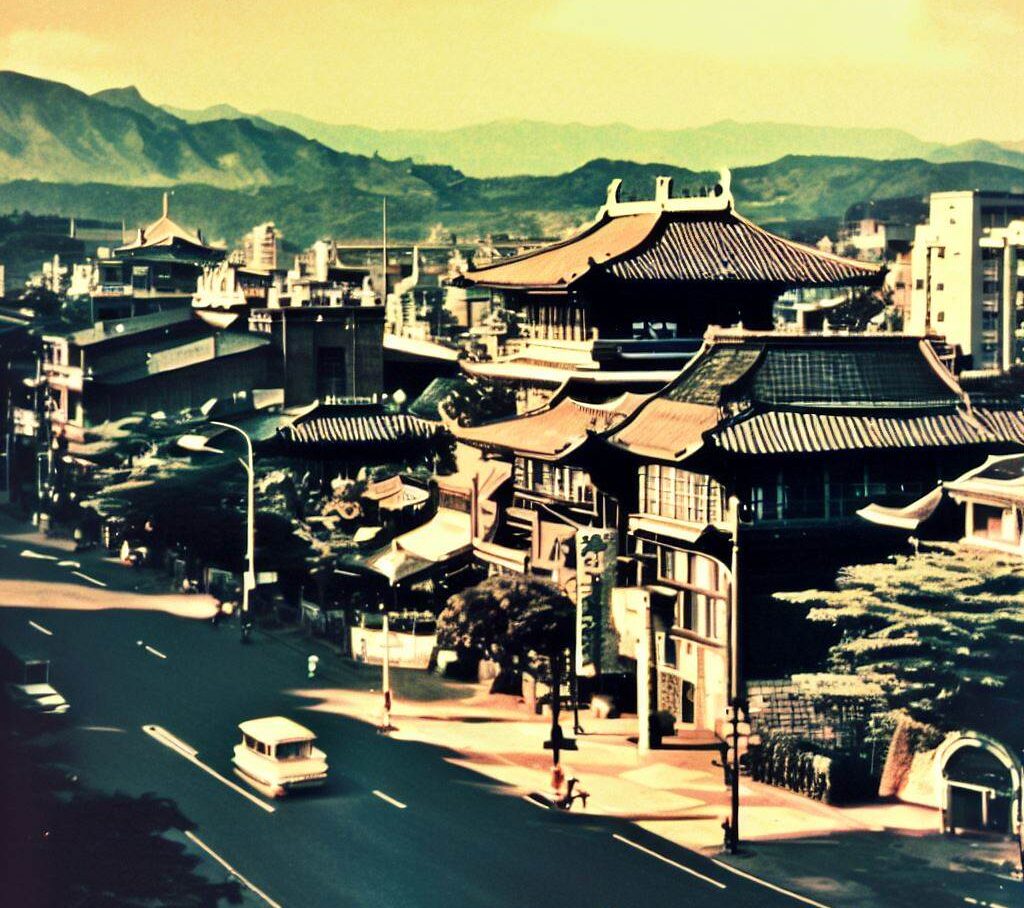
Impact and Resistance
The impact of the White Terror on Taiwanese society cannot be overstated. Fear and paranoia gripped the nation as people lived under constant surveillance, afraid to express their opinions or engage in any form of political activism. Families were torn apart, and individuals lived in constant dread of being targeted by the authorities. Intellectuals, artists, and writers faced censorship and self-censorship, stifling creativity and freedom of expression.
Despite the climate of fear, some brave individuals and groups resisted the oppressive regime. Prominent figures such as Peng Ming-min and Chen Wen-chen spoke out against the government’s policies, advocating for democracy, human rights, and freedom of speech. Their actions inspired others and laid the foundation for the eventual democratization of Taiwan.
Transition to Democracy and the Legacy of the White Terror
The White Terror era came to an end in 1987 with the lifting of martial law and the subsequent democratization of Taiwan. The transition to democracy brought with it a reckoning with the past. The government established the Transitional Justice Commission in 2018 to investigate and address human rights violations committed during the White Terror period, promote social healing, and ensure historical accountability.
Taiwan today is a democracy with civil liberties and Western style freedom of speech. The legacy of the White Terror, however, lingers in the collective memory of the Taiwanese people. Memorials, museums, and educational initiatives aim to preserve the historical record, honor the victims.
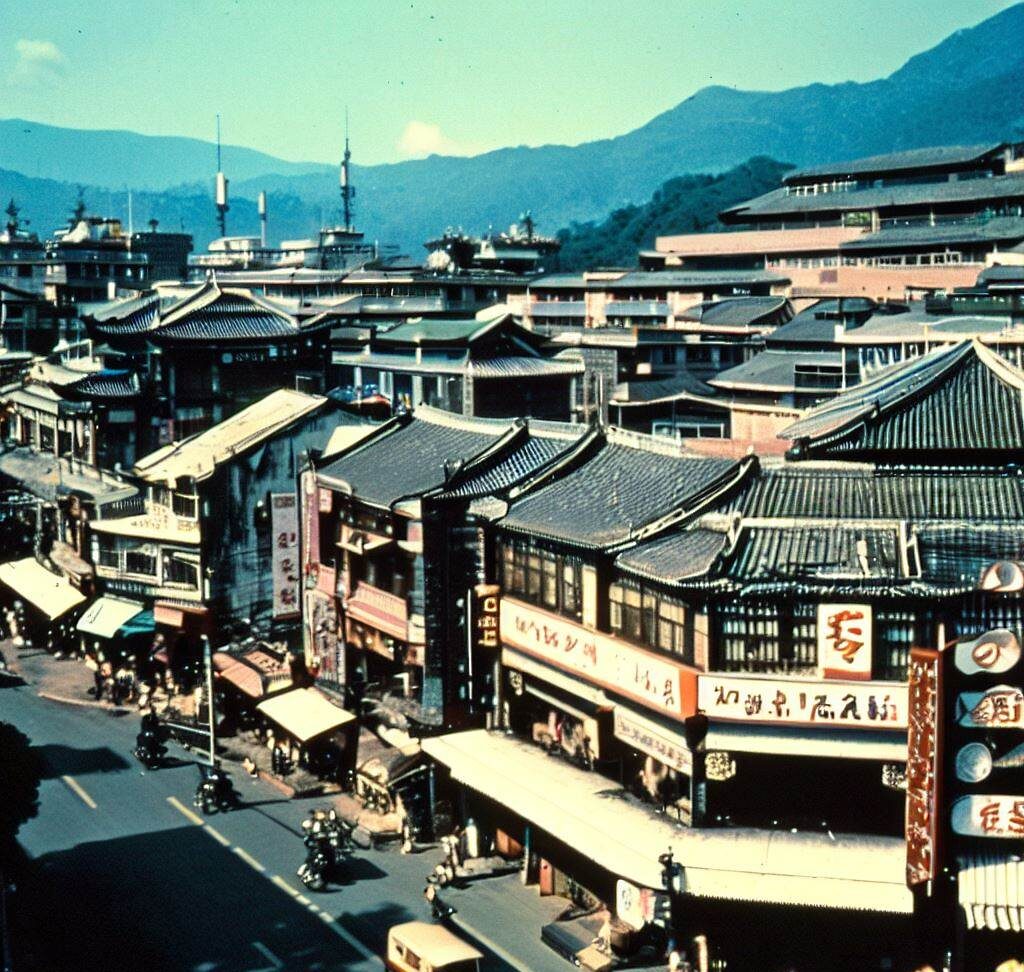
The process of reckoning with the past and pursuing transitional justice is an ongoing journey for Taiwan. The Transitional Justice Commission has been instrumental in uncovering the truth about the White Terror era, identifying perpetrators, exonerating victims, and compensating families affected by the atrocities. The commission’s work includes the declassification of government documents, the establishment of truth-seeking committees, and the establishment of a reparations fund.
In addition to the institutional efforts, Taiwanese society has played an active role in confronting the legacy of the White Terror. Civil society organizations, human rights advocates, and grassroots movements have been instrumental in preserving the memory of the victims and raising awareness about the need to prevent any recurrence of such abuses.
Taiwanese citizens are now able to openly discuss and debate the events of the White Terror era, ensuring that the lessons learned from that dark period are passed down to future generations. Educational initiatives, memorial sites, and exhibitions serve as powerful reminders of the importance of safeguarding democracy, protecting human rights, and fostering a society that values freedom of expression.
The White Terror in Taiwan serves as a stark reminder of the dangers of unchecked authoritarianism and the fragility of democratic institutions. It stands as a testament to the resilience and determination of the Taiwanese people, who fought for their rights and freedoms against tremendous odds.
This series : DETENTION , which is the adaptation of a video game made by Red Candle Games , takes place in Taiwan during the White Terror era.





